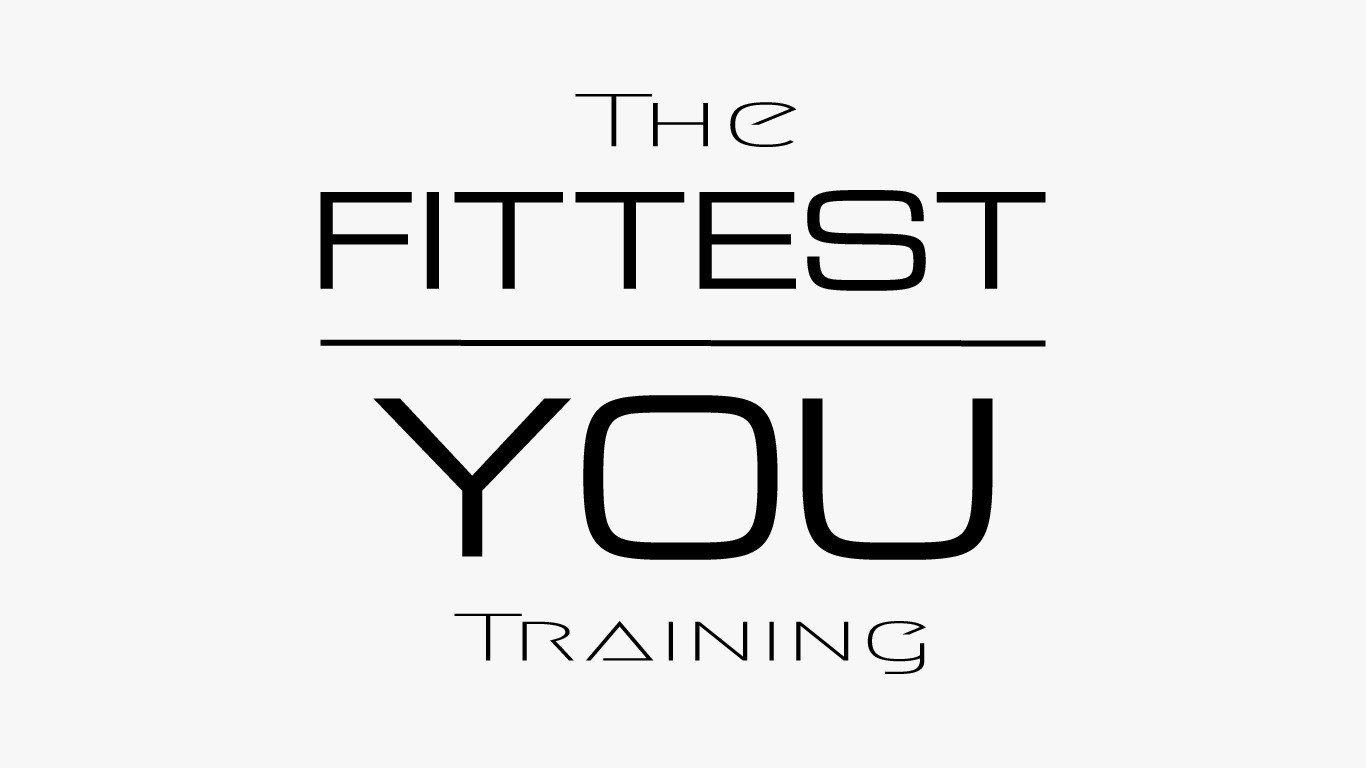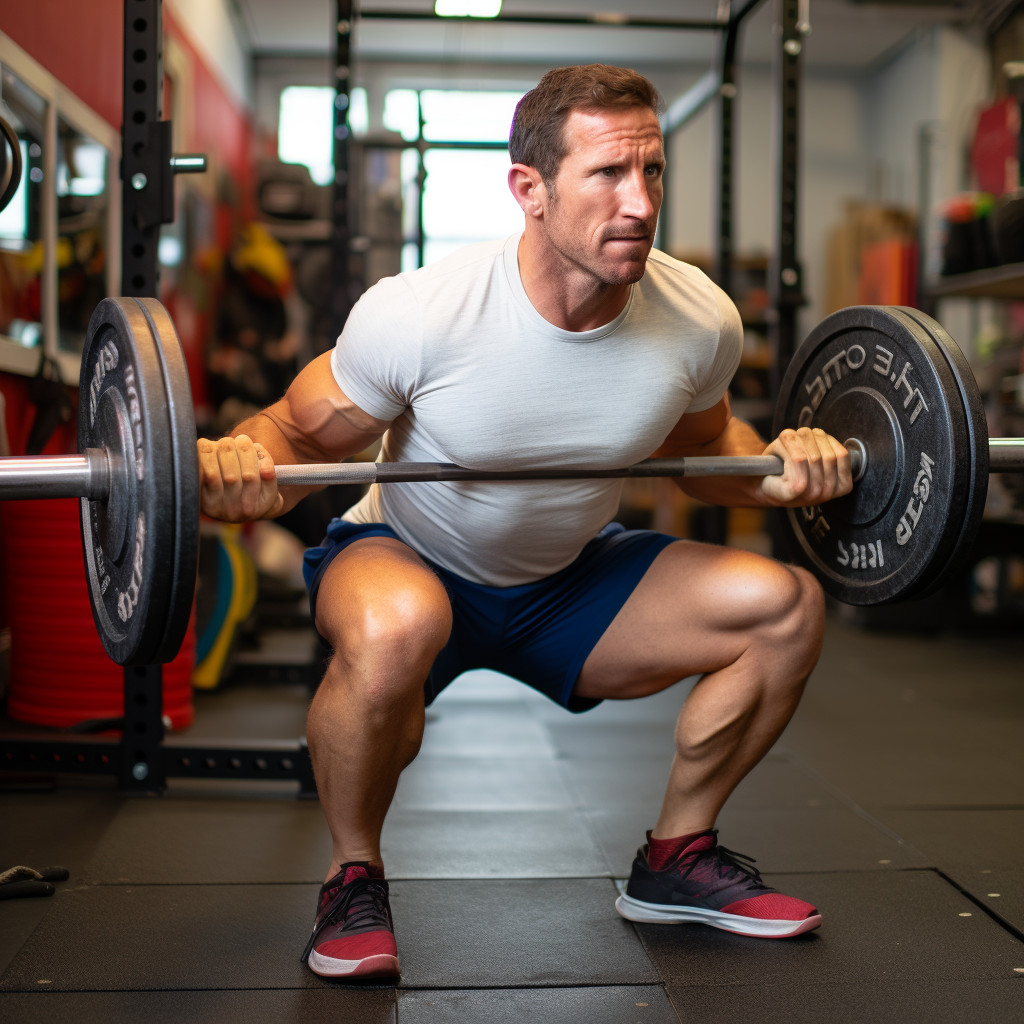
Fitness is a crucial aspect of a healthy lifestyle and becomes even more important as people age. Men over 40 face unique challenges when it comes to fitness, including a slower metabolism and decreased muscle mass. However, with the right nutritional tips, and motivation, men over 40 can maintain or even improve their heart health and fitness levels.
Fitness over 40 for men is not just about looking good, but it is also about feeling good and staying healthy. Regular exercise can help reduce the risk of chronic diseases such as heart disease, diabetes, and certain cancers. It can also improve mental health and cognitive function.
However, many men over the young age of 40 struggle to find the motivation to exercise regularly and may not know where to start when it comes to fitness.
Table of Contents
Understanding Age and Fitness Over 40
As men grow older, their bodies experience a multitude of changes that have the potential to impact their overall fitness levels. Understanding these changes can help men over 40 develop a healthy routine that is tailored to their needs.
Metabolism
One of the biggest changes that occur with age is a decrease in metabolism. This means that the body burns fewer calories at rest, making it easier to gain weight. To combat this, men over 40 may need to adjust their diet and exercise routine to maintain a healthy weight.
Hormone Levels

Hormone levels also play a role in fitness as men age. Testosterone levels decrease with age, which can lead to a decrease in muscle and an increase in body fat. This can make it harder to build and maintain muscles, but it doesn’t mean that men over 40 can’t stay fit.
Wellness
Overall wellness is also important for men over the middle age of 40. This includes getting enough sleep, managing stress levels, and staying hydrated. Taking care of the body in these ways can help men keep their energy levels and feel their best during workouts.
Starting Your Middle Age Fitness Journey
Starting a fitness journey can be daunting, especially for men over 40 who may feel like they have a lot of ground to make up. However, with the right approach and mindset, it is possible to achieve their goals and create lasting habits that improve their health and well-being for life.
One of the first steps in starting a fitness journey is setting clear and achievable goals. This can help provide motivation and a sense of direction. Goals should be specific, measurable, and realistic. For example, a goal might be to lose 10 pounds in three months or to be able to run a 5k in six months.
Another important aspect of starting a fitness journey is developing healthy habits. This can include things like tracking food intake, getting enough sleep, and finding ways to manage stress. By incorporating healthy habits into a daily routine, it becomes easier to make progress toward fitness goals.
Exercise Routines and Techniques

When it comes to exercise routines for men over 40, there are a few key things to keep in mind. First, it’s important to focus on strength training and weight training to increase mass and bone density on a more consistent basis. Compound exercises, which work for multiple muscle groups at once, are particularly effective. Examples of compound exercises include the bench press, squat, and deadlift.
In terms of sets and reps, it’s generally recommended to do 3-4 sets of 8-12 reps per exercise. This is a good balance between building strength and hypertrophy (muscle growth). It’s also important to gradually increase the weight you’re lifting over time to continue challenging your muscles.
Metabolic resistance training is another effective technique for men over 40. This involves very high intensity training combining strength exercises with high-intensity cardio intervals to maximize calorie burn and improve cardiovascular health.
In addition to strength training, it’s also important to incorporate core exercises like situps and calf raises to improve balance and stability. For upper body strength, exercises like overhead presses and lateral raises can be effective. Seated calf raises and leg presses are good options for working the muscles in the lower body.
Injury Prevention and Recovery
Injuries are a common concern for men over age 40 who are trying to stay active and fit. Fortunately, there are several ways to prevent injuries from occurring and to recover from them if they do happen.
Stretching

Stretching and foam rolling before and after a workout can help prevent injuries by increasing flexibility and range of motion. It can also reduce muscle soreness and stiffness.
They should also focus on dynamic stretching, aerobic exercise which involves moving the body through a range of motion, rather than static stretching, which involves holding a stretch for a prolonged period.
Hydration
Staying hydrated is important for injury prevention and recovery. Dehydration can lead to muscle cramps, fatigue, and other symptoms that can increase the risk of injuries.
Men over 40 should aim to drink at least eight glasses of water per day and more if they are exercising or sweating heavily. They should also avoid alcohol and sugary drinks, which can dehydrate the body.
Injury Prevention
In addition to stretching and hydration, there are other steps men over 40 can take to prevent injuries. They should start with a gradual exercise program that allows their body to adapt to the increased demands. They should also wear appropriate footwear and clothing, and use proper form and technique when exercising. It’s also important to listen to their body and rest if they feel pain or discomfort.
Injury Recovery
If injuries do occur, seek medical attention if necessary and follow a recovery plan that includes rest, ice, compression, and elevation (RICE).
They should also work with a physical therapist or trainer to develop a rehabilitation program that will help them regain strength, flexibility, and range of motion. It’s important to be patient during the recovery process to prevent injury and to also avoid injury by pushing too hard too soon, which can lead to further injury.
Focus on Whole Foods
Consume a healthy eating diet rich in whole foods such as fruits, vegetables, whole grains, and lean protein. These foods provide the body with the necessary nutrients, vitamins, and minerals it needs to function properly. Avoid processed foods, which are often high in calories, unhealthy fats, and added sugars.
Monitor Caloric Intake

As men age, their metabolism slows down, and they require fewer calories. Therefore, it is important to monitor caloric intake and adjust it accordingly. A calorie deficit is necessary for weight loss, but it is essential to ensure that the body is still receiving the necessary nutrients.
Increase Protein Intake
Protein is essential for building and maintaining muscle. As men age, they may lose mass, which can lead to a decrease in metabolism.
Therefore, increasing protein intake can help maintain muscle mass and prevent age-related muscle loss. Good sources of protein include lean meats, fish, eggs, and plant-based sources such as beans and tofu.
Include Healthy Fats in the Diet
To support heart health and promote optimal brain function, it is crucial to include healthy fats in your diet. Nourishing sources like nuts, seeds, avocados, and fatty fish are particularly beneficial for these purposes. They can also help reduce inflammation in the body. Avoid unhealthy fats found in processed foods and fried foods.
Consider a Balanced Diet
Some diets, such as the keto or paleo diets, may be effective for weight loss, but they may not be sustainable in the long term for nutrition. A balanced diet that includes a variety of whole foods, healthy fats, and lean proteins is essential for weight loss results in maintaining optimal nutrition.
Consider a Vegan or Vegetarian Diet
A vegan or vegetarian diet can be a healthy option for men over 40. Plant-based sources of protein, such as beans, lentils brown rice, and tofu, can provide the necessary nutrients and protein. However, it is important to ensure that the diet is balanced and includes eating a variety of whole foods.
Weight Management

Weight management is an essential aspect of fitness in men’s health. As men age, their metabolism slows down, making it more challenging to lose weight and maintain a healthy weight. However, it is not impossible to achieve weight management and fitness goals. Here are some tips and tricks to help men over 40 manage their weight effectively.
Caloric Deficit
To lose weight, a healthy diet must be in a caloric deficit. This means that the number of calories consumed must be less than the number of calories burned.
It is recommended that men over age 40 consume around 2,000 to 2,800 calories per day, depending on their activity level and body composition. To create a caloric deficit, men can reduce their calorie intake, increase their physical activity, or combine both strategies.
Lose Fat, Gain Muscle
Losing fat and gaining muscle are two different goals, but they can be achieved simultaneously. To lose fat, men must be in a caloric deficit, but to gain muscle, they must be in a caloric surplus. Therefore, men must find the right balance between the two goals to achieve weight management effectively. Resistance training and high-intensity interval training (HIIT) are excellent ways to burn fat and gain muscle.
Burns Calories
Physical activity burns calories, which is essential for weight management. Men over 40 must engage in regular physical activity to burn calories and maintain a healthy weight. Cardiovascular exercise, such as aerobic exercise such as jogging, cycling, or swimming, is an excellent way to burn calories. However, resistance training and HIIT also burn calories and promote muscle growth, making them both workouts that can make an excellent addition to any weight management program.
Importance of Good Sleep To Stay Healthy

Getting enough sleep is essential for overall health and well-being, especially for men over 40. According to Healthline, the amount of sleep adults need remains consistent throughout their lifetime. However, sleep quality and duration can be affected by age-related changes, lifestyle factors, and underlying health conditions.
Sleep is critical for physical and mental health and helps the body to repair and regenerate. It is also essential for cognitive function, memory consolidation, and emotional regulation. Insufficient sleep has the potential to result in a myriad of health issues encompassing obesity, diabetes, cardiovascular disease, and depression.
For men over 40, sleep quality may be affected by various factors such as stress, work demands making health decisions, other health decisions, and lifestyle changes. Therefore, for men’s health, it is important to prioritize good sleep habits to promote overall health and well-being.
Improve your sleep environment by making it dark, quiet, and comfortable.
Establishing a consistent sleep schedule entails going to bed and waking up at the same time daily. This practice optimizes word choice, structure, readability, and eloquence without compromising the underlying meaning.
Avoid caffeine, alcohol, and nicotine before bedtime.
Engage in regular exercise during the day, but avoid vigorous exercise close to bedtime.
Practice relaxation techniques such as meditation or deep breathing to reduce stress and promote relaxation.
Consider talking to a healthcare provider if you have trouble sleeping or have underlying health conditions that affect sleep.
Staying Motivated

Staying motivated can be a challenge for many men over 40 who are trying to stay fit and healthy. It’s easy to fall into a no-workout routine or get discouraged when progress seems slow.
However, with the right mindset nutritional tips, and tools, always staying active and motivated can be achievable for men’s health. Here are some tips to help men over 40 to stay healthy and motivated:
Set Realistic Goals
Setting realistic goals is essential for staying motivated. Men over 40 should avoid setting unrealistic goals that are too challenging or impossible to achieve. Instead, they should set goals that are achievable and specific.
Find a Workout Buddy
Having a workout buddy can be a great way to stay motivated. Men over 40 can find a friend or family member who shares similar goals and interests. They can work out together, hold each other accountable, and celebrate each other’s successes. Working out with a buddy can also make exercise more fun and enjoyable.
Hire a Health Coach
Hiring a health coach can be an excellent option for men over 40 who need extra motivation and support. Health coaches can provide personalized guidance, help set realistic goals, and offer accountability. They can also provide valuable information about nutrition and exercise, and help men over 40 develop healthy habits that last a lifetime.
Frequently Asked Questions
How can men get in shape after 40?
Men can get in great shape after 40 by adopting a healthy lifestyle that includes regular exercise, a balanced and healthy diet, and adequate rest.
It’s important to start slow and gradually increase the intensity and duration of workouts to avoid injury. Consistency is key, and finding a workout buddy or joining a fitness group can help with accountability and motivation.
What are the best exercises for men over 40?
The best exercises for men over 40 are those that improve cardiovascular health, build strength, and increase flexibility. Some examples of workouts include resistance training, high-intensity interval training (HIIT), aerobic exercise, yoga, and swimming. It’s important to mix up the routine of workouts each week to prevent boredom and ensure all muscle groups are targeted.
What should a 40-year-old man’s fitness routine look like?
A 40-year-old man’s fitness routine should include a combination of cardiovascular exercise, strength training, and flexibility training.
It’s recommended to aim for at least 150 minutes of moderate-intensity aerobic activity or 75 minutes of vigorous-intensity aerobic activity per week, in addition to two or more days of strength training. Stretching and balance exercises can also be included.
How can men stay motivated to exercise after 40?
Men can stay motivated to exercise after 40 by setting realistic workout goals, tracking progress, and rewarding themselves for achievements. It’s also helpful to find a workout partner or join a fitness community for support and accountability. Mixing up the same workout routine with new exercises or activities each week can also keep things interesting.
What are the benefits of exercise for men over 40?
The benefits of exercise for men over 40 include improved cardiovascular health, increased muscle strength, and bone density, reduced risk of chronic diseases such as diabetes and heart disease, and improved mental health and cognitive function. Exercise can also help with weight management and overall quality of life.

